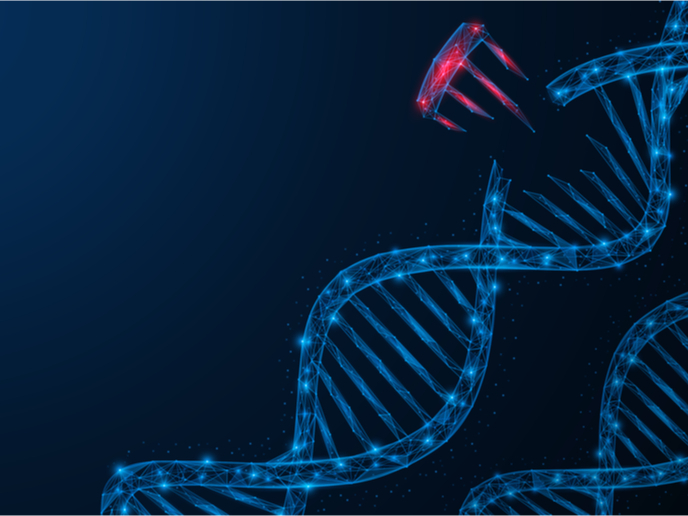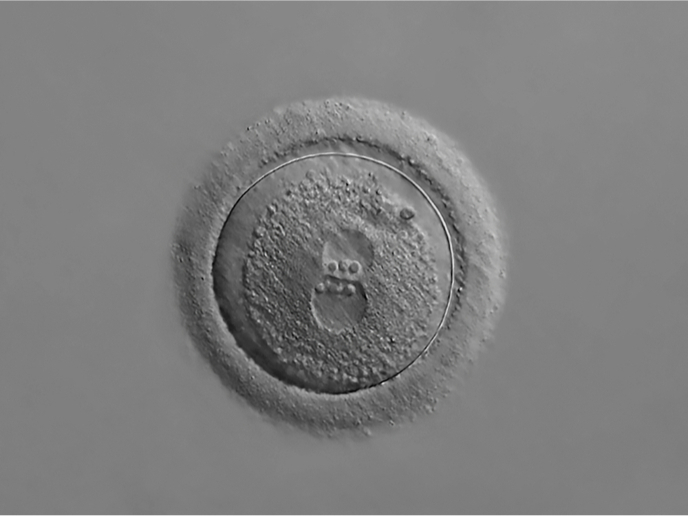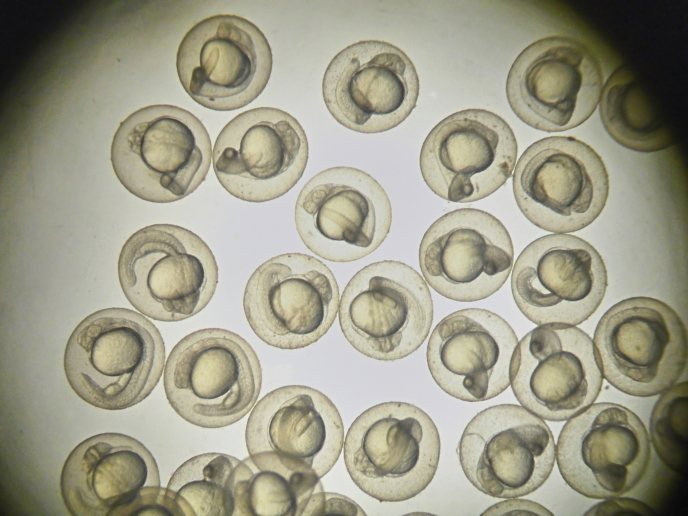New light on genetics of autism
The EU-funded 'Using European and international populations to identify autism susceptibility loci' (Autism Molgen) project has completed a comprehensive study of European patients with autism spectrum disorders (ASDs). The study group consisted of around 100 multiplex families where two or more individuals are affected and more than 370 simplex families where one member of the family has an ASD. The benefit of advanced genomic techniques was used to study the involvement of both previously identified associated genes as well as new candidate alleles. Molecular genetics techniques included linkage studies, association studies and mutation screening. Using linkage studies to help refine the position of important loci and help identify possible new candidate genes, logarithm of the odds (LOD) scores were applied to linkage data. A positive score indicating the presence of linkage was achieved for the long arm of chromosome 2, (2q), confirming the importance of this region in ASDs. Two new candidate genes were identified among single nucleotide polymorphisms (SNPs) using the transmission disequilibrium test (TDT) to test presence of linkage between a marker and a trait. Additional association studies using a further 37 genes revealed a further 5 key genes susceptibility for further study. Recent research has reported that rare mutations may play a large role in predisposition to ASDs. A key example is in the case of neuroligins – alterations in genes encoding neuroligins are implicated in autism and other cognitive disorders. Neuroligins are involved in the healthy functioning of synapses. Rare variants with possible functional effects were identified. These included non-synonymous changes altering the position of an amino acid in a protein, stop codon mutations that shorten a protein and splice site mutations that can result in aberrant products. All types of mutation were found both in genes associated with ASD and in other plausible candidates. Comprehensive genetic data amassed by Autism Molgen has positively identified new susceptibility alleles for ASDs. Future research can focus on functional studies for the genes involved. Given that the incidence of ASDs is reportedly rising by the decade, the project research can contribute to the elucidation of this highly complex condition.







